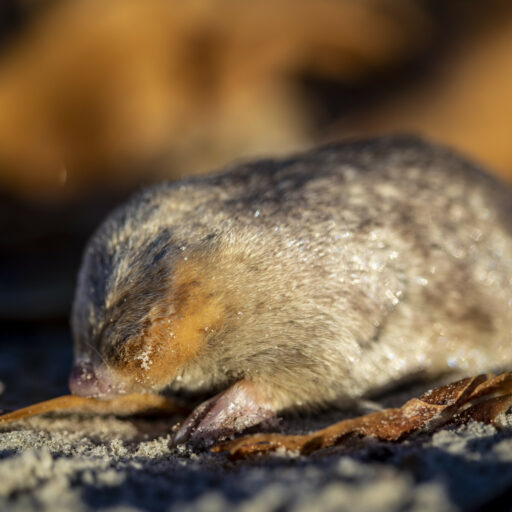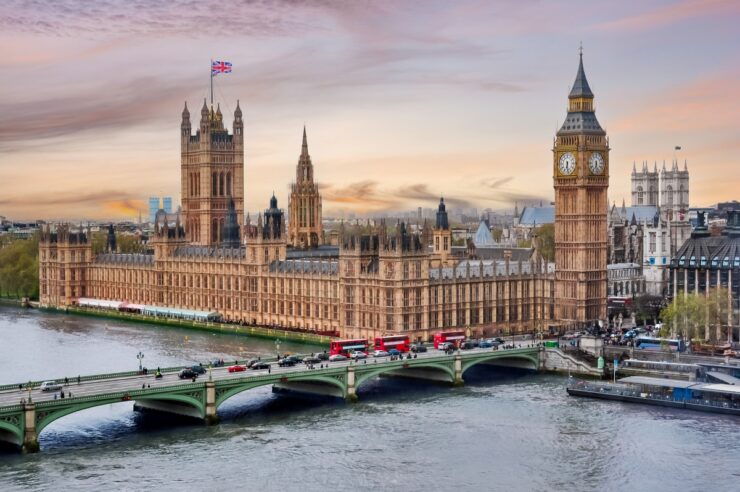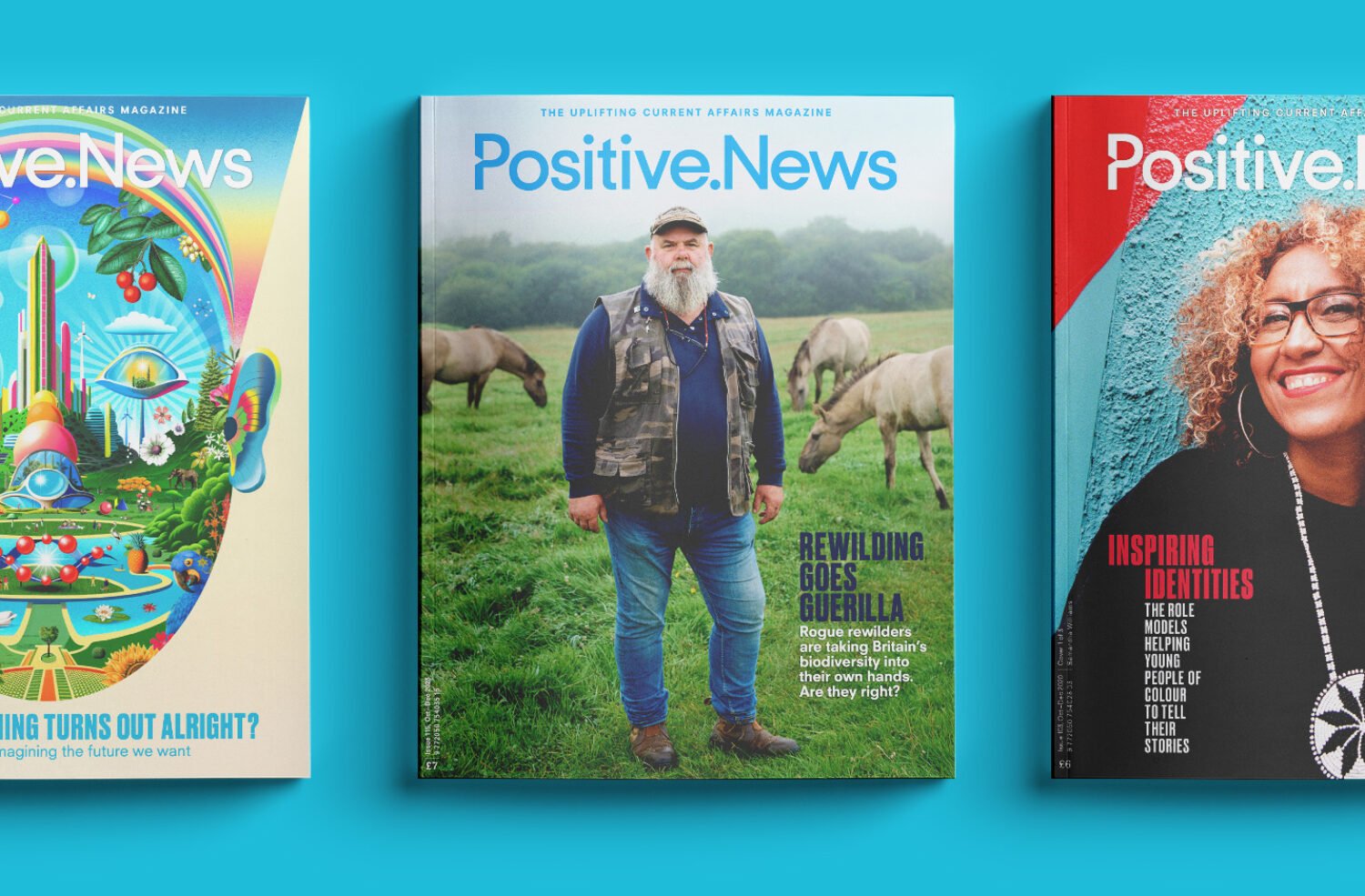The Amazon turned a corner, there was progress at Cop28, and South Africa’s four-day week pilot brought ‘huge benefits’, plus more good news
This week’s good news roundup

There’s been a dramatic turnaround in the Amazon, where deforestation rates have fallen significantly in a year.
That’s according to analysis by Amazon Conservation, a nonprofit that monitors the rainforest across nine countries. It said that deforestation rates are down 55.8% compared to last year, following efforts to halt tree loss, notably in Brazil.
Separate data from the organisation Climate Trace had more good news. It reported that emissions from deforestation in Indonesia – a country once plagued by slash-and-burn agriculture – fell by 56% between 2015 to 2022. However, globally, emissions from deforestation still rose by 5% in 2022.
According to Carbon Trace, total emissions increased by 1.5% last year, despite the urgent need to cut carbon. Here are 14 ways to slash your own emissions, plus 12 ways to reduce CO2 that not enough people are talking about.
Image: JarnoVerdonk/iStock

The presence of fossil fuel lobbyists and a climate-denial scandal that embroiled its host hardly got the climate summit off to the best start. Nevertheless, there have been some small successes, notably progress on the loss and damage fund.
The fund commits wealthy nations to funding climate mitigation in poorer countries. Its creation was the standout success of Cop27, which otherwise underwhelmed. This week, the fund was “operationalised”, meaning developing nations worst hit by climate change can now access it.
The UAE used the opening day of Cop28 to pledge $100m (£79m) for the fund. Other countries making notable commitments included Germany, which also committed $100m, the UK, which committed £40m for the fund and £20m for other arrangements, Japan, which contributed $10m (£7.9m) and the US, which committed $17.5m (£13.4m).
Get a rundown of CopP28 here.
Image: Ana Pessoa/Midia Ninja/CopCollab25

It’s one of the world’s biggest coal consumers, but not for much longer. On Saturday, the US formally committed to quitting the dirtiest fossil fuel.
The announcement came at Cop28, where the US signed up to the Powering Past Coal Alliance (PPCA). It commits the world’s second biggest polluter to building no new coal plants and phasing out existing plants. Though no deadline was set, existing policies technically mean no coal in the US beyond 2035.
While environmental groups wanted to see more radical ambition from the US, they claimed the move would put pressure on China, Japan and Australia – a laggard among western nations – to finally kick the habit. Two other coal-reliant nations – the Czech Republic and Kosovo – joined the US in signing up to PPCA.
Image: Andy Feliciotti

Eight decades after they were expelled from their ancestral land in the Amazon, the Indigenous Siekopai people will now be able to return.
It follows a landmark court ruling in Ecuador, which ordered the government to return 42,360 hectares of jungle near the Peruvian border to the tribe.
The Siekopai people lived there for centuries, until they were expelled in 1941 due to the war between Ecuador and Peru.
The judicial decision is “historic,” said Justino Pianguaje, the head of the Siekopai Nation, in an interview with the Spanish newspaper El País. For the first time, he said, Ecuador has recognized an Indigenous population’s right to “possess a territory that has been declared a protected area.”
Research suggests that putting Indigenous people in control of land is one of the most effective solutions to deforestation.
Image: Jeff Stapleton

More good news for proponents of longer weekends.
Africa’s first trial of a four-day working week showed “huge benefits” for employers and their staff, researchers have claimed.
Some 26 firms and 470 of their staff participated in the six-month trial, the first in a developing nation. Employees were paid the same but for doing fewer hours. Researchers recorded an increase in productivity, an 11% decrease in resignations, a 9% drop in absenteeism, and happier staff.
“The four-day week presents the rare combination of benefits for both employees and employers by enhancing wellbeing, productivity, and work organisation,” said Prof Mark Smith of Stellenbosch Business School, which co-led the research.
The findings chime with the results of other four-day week trials, including the world’s biggest, which happened in the UK last year. Despite the apparent advantages of a shorter working week, critics question whether the benefits could be sustained long term. Only one way to find out.
Image: Tembela Bohle

In a win for LGBTQ rights, Nepal has registered its first same-sex marriage.
The happy couple, Maya Gurung and Surendra Pandey, waited five months to have their nuptials recognised after a district court refused to follow a supreme court order and register their marriage.
Last week, the district court finally respected the order. The legal recognition means Gurung and Pandey have similar rights to straight couples, and are able to do things like have a joint bank account and share property.
Ms Gurung told the BBC that the registration “opened doors” to a lot of things for them and other gay couples.
Image: Kalle Kortelainen

Adverts touting the green credentials of three airlines have been banned by the UK’s Advertising Standards Agency (ASA) for “giving a misleading impression” of their environmental impact.
Amid a crackdown on greenwashing by the ASA, Air France, Lufthansa and Etihad were all deemed to have breached the UK’s advertising code.
Air France’s advert claimed the airline is “committed to protecting the environment: travel better and sustainably”, but the ASA said it could find no “evidence demonstrating that Air France were protecting the environment and making aviation sustainable”.
Etihad’s advert promoted the airline’s “environmental advocacy”, which the ASA also said it saw no evidence of. Lufthansa was accused of not properly explaining its claim that passengers could “fly more sustainably”.
All airlines were request for a comment. Etihad said it was working to reduce its impact “by investing billions into its fleet of modern, fuel-efficient aircraft, research into sustainable aviation fuels, as well as carbon offsetting”.
Lufthansa said that it “regrets” that it ads “lacked the explanation of the further basis for the statement ‘fly more sustainable’”. It said the company was “taking measures to make its flight operations more climate-friendly” by modernising its fleet and embracing ‘sustainable aviation fuel’ (SAF). Read more about SAF here.
Perhaps surprisingly, Air France said its ad “was generated by an artificial intelligence tool”. It added: “As soon as the ASA decision was announced, Air France changed the parameters for creating online ads to ensure that such an event could not happen again.”
Image: Jerry Zhang

A mole not seen since 1937 and feared extinct by ecologists has been sniffed out in South Africa by a border collie.
The De Winton’s golden mole is a charismatic creature with an oily coat that allows it to “swim” through sand. Owing to the shapeshifting nature of dunes, it’s been hard to find evidence of the critters. But a specially trained canine called Jessie has helped conservationists find one near Port Nolloth, northern South Africa.
The De Winton’s golden mole was on the world’s most wanted lost species list, 11 of which have been found since it launched in 2017.
“The rediscovery of lost species is the first step toward preventing the extinction of these oft-forgotten species,” said Barney Long of Re:wild, the charity behind the list. “Once a species has been found, conservationists can start answering critical questions about the size and health of its populations, threats to its survival, and solutions for its conservation and recovery.”
Image: Nix Souness

In a world first, Wales has mapped its most important insect sites, a move environmentalists hope will be a vital first step in boosting bug numbers.
The network of 17 Important Invertebrate Areas (IIAs) was identified by the charity Buglife. The sites are home to threatened species, including the blue ground beetle (pictured), the glutinous snail (Britain’s rarest), and the fen raft spider, Britain’s largest arachnid.
A dramatic plunge in insect numbers has alarmed conservationists. Bugs underpin life on Earth and there is an urgent need to protect them.
“We’ve started the job by mapping IIAs for Wales, but this is only the beginning,” said Jamie Robins, programmes manager. “We need decision makers to recognise the important role that invertebrates play and use our IIAs to prioritise much needed conservation action.”
Image: Bernard Dupont

US scientists claim a new blood test can check which internal organs are ageing fastest – a potential precursor to them failing.
The Stanford University team tried the test on thousands of adults, mostly middle-aged or older. Their research suggested that one in five reasonably healthy adults over 50 could have at least one fast-ageing organ.
Knowing which organs are declining more quickly provides an opportunity for relevant interventions, the researchers said in their research, published in the journal Nature.
Read the full story here, and find out how to potentially add years to your life here.
Image: Karolina Grabowska
Main image: filipefrazao/iStock
Get your weekly fix of good news delivered to your inbox every Saturday, by signing up to the Positive News email newsletter.
You’re the solution that Positive News needs
Our small, dedicated team is passionate about building a better alternative to the negative news media. And there’s never been a greater urgency to our mission.
But to invest in producing all the solutions journalism that the world is longing for, we need funding. And because we work in your interests – not those of a wealthy media mogul or corporate owner – we’re asking readers like you to get behind our team, by making a regular contribution as a Positive News supporter.
Give once from just £1, or join 1,400+ others who contribute an average of £3 or more per month.
Join our community today, and together, we’ll change the news for good.






